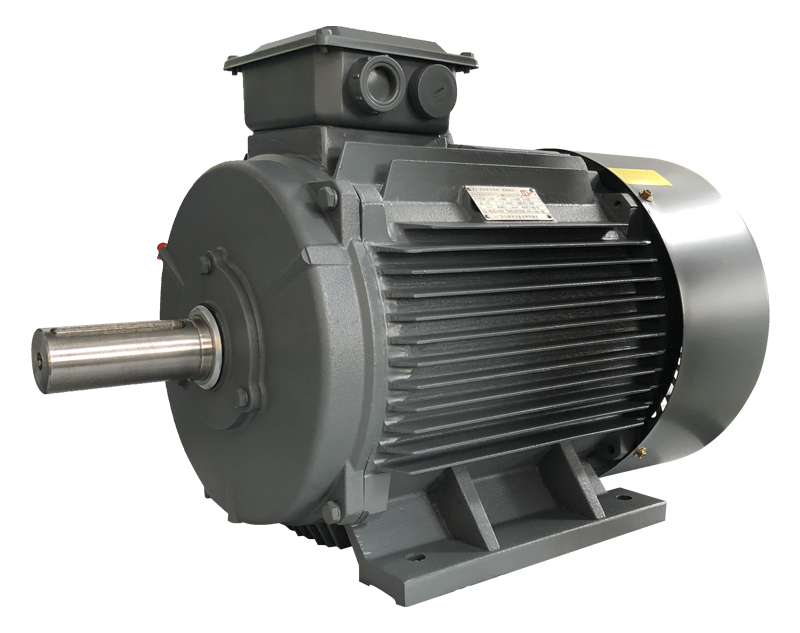Against the backdrop of global advocacy for energy conservation and emission reduction, as well as active response to climate change, the research and design of efficient motors has become a key task in the energy sector, playing a crucial role in reducing energy consumption and improving energy utilization efficiency. With the acceleration of industrial modernization, motors, as the core driving components of various industrial equipment, household appliances, etc., account for a considerable proportion of energy consumption in the total electricity consumption of the whole society. Therefore, designing efficient and energy-saving motors not only helps companies reduce operating costs and improve production efficiency, but also contributes significantly to the sustainable development strategy of the country and even the world. The design of efficient motors is a complex system engineering that is mainly influenced by a combination of the following factors:
·Material selection: The magnetic permeability and loss characteristics of the iron core material affect the performance of the motor. High permeability and low loss silicon steel sheets can reduce hysteresis and eddy current losses. The winding material is also crucial, and high-quality copper wires with low resistance can reduce copper loss. At the same time, the insulation material needs to ensure good electrical insulation performance and heat resistance to ensure stable operation of the motor.
·Electromagnetic design: The shape and distribution of magnetic poles affect the uniformity of the magnetic field. Reasonable design can reduce harmonics and improve electromagnetic conversion efficiency. The length of the air gap cannot be ignored. If it is too large, it will increase the magnetic resistance, while if it is too small, it will easily cause friction between the stator and rotor. A suitable air gap length can improve the performance of the motor.
·Manufacturing process: The precision of iron core stamping affects the quality of laminations, and high-quality laminations can reduce magnetic loss. The winding process affects resistance and electromagnetic noise, and tight and uniform winding can reduce resistance. When assembling the motor, the concentricity and perpendicularity of each component should be ensured to reduce mechanical losses.
·Heat dissipation design: The motor generates heat during operation, and if not dissipated in a timely manner, efficiency may decrease or even be damaged. Therefore, heat dissipation designs such as heat sinks, cooling fans, or liquid cooling systems are necessary to maintain the motor operating at an appropriate temperature.
A deep understanding of these influencing factors can not only provide strong theoretical support for the research and innovation of high-efficiency motors, but also contribute to their widespread application in various fields such as industrial production and daily life, thereby more effectively promoting the achievement of energy conservation and emission reduction goals.
Hengda Electric has always been dedicated to the research and development, production, and service of efficient motors. With advanced technology and equipment, lean manufacturing processes, reliable product quality, and satisfactory after-sales service, the company provides customers with the most suitable motor professional solutions and creates greater social value.






